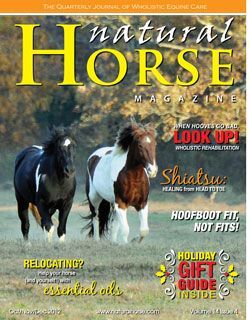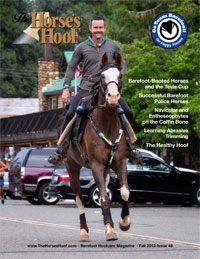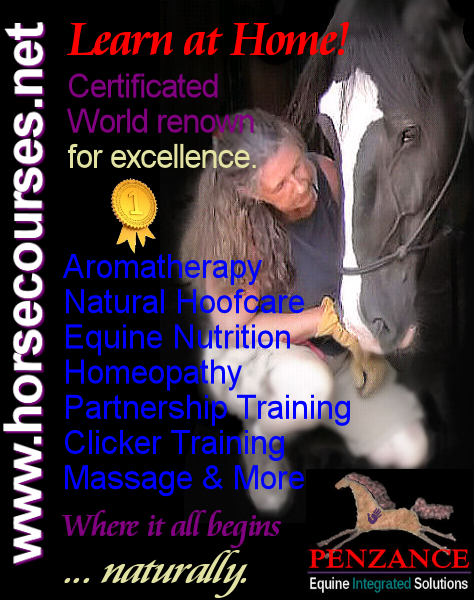
What to do? What to DO!?!? There’s a Hurricane headed your way. What ARE you going to do about your horses?
The following is directly from the Sunshine State Horse Council — Florida. No better advice than what is given here. Written by Robert Meehan,
Member – Palm Beach County Large Animal Disaster Team
Vaccinations
The very first thing to do and in many ways the most important is make sure your horse is up-to-date with a tetanus booster and has had a vaccination for encephalitis, commonly known as sleeping sickness. This disease is carried by mosquitoes and the height of infection is July and August, just when storm, hurricane and flood season is at its height.
This disease can kill both humans and horses, and should not be taken lightly. Horses should be vaccinated at least every six months, but most large stables do this every four months. See your personal veterinarian for details.
Neighborhood Disaster Committees
Most horse owners live in horse communities. Contact your neighbors long before hurricane season, and organize your own neighborhood disaster committee. Schedule meetings at which horse owners discuss who has what in the way of equipment, concrete barns, flood areas, etc., and explore ways in which neighbors can help neighbors to accomplish a great deal. Contact your county animal disaster team and they will be glad to help you form such a committee.
Animal Identification
After Hurricane Andrew, 80 % of the horses found carried no identification. This made the job of reuniting animals and owners much more difficult. Veterans of that storm compiled a list of suggestions to help ensure that your animal can be identified in the confusion that follows a hurricane. The following list includes a variety of alternatives from which you can choose:
- Take a picture of your horse with a family member in the photo as well. Then staple a copy of your current Coggins test to the picture with any other information such as tattoos, microchip ID, special scars and any other permanent identification, your local vet’s name and number and any medications your horse may need. Place all these items in a zip-lock bag, and keep them in a safe place where you can get to them after a hurricane.
- Purchase fetlock ID bands and place them on both front feet before a hurricane hits.
- Put a leather halter on your horse with a luggage tag attached showing the horse’s address, phone number and owner’s name and any medication information. Write any special needs on an index card; place this inside a small zip-lock bag, and wrap it around the side of the halter with tape.
- Take a second luggage tag with the same information and braid it into the horse’s tail hair.
Caution: Do NOT tie the tag around the tail; this would cut off circulation. - Neck ID bands with the same information can also be used. Check with your local tack store.
- Using small animal clippers, body clip the same phone number your horse’s neck.
- A permanent method of identification is Freeze Branding. For further information on this option, check out: www.horseweb.com/kka
- Do not put a copy of the horse’s Coggins test on the horse. Animal Rescue may not be the ones to find your horse. A coggins test is a passport out of state and, as we learned from Andrew, not everyone is honest.One of the goals of Animal Rescue is to find loose horses and get them reunited with the owners as soon as possible. These suggestions will help tremendously. Remember, you cannot have too much identification with your horse.
Evacuation
If you plan to evacuate in the event of a storm, have a destination and routes thought out well in advance. January, February and March would be good months to do this. Plan to leave 48 hours before the arrival of the storm. The worst thing that can happen to you is to get stuck in traffic with a trailer full of horses and a hurricane approaching. Hurricane Andrew tossed loaded tractor trailers around like they were match sticks.
By the way, if you choose to get out of the area altogether, take all your animals. Don’t take your horse but leave dogs, cats and birds at home alone.










